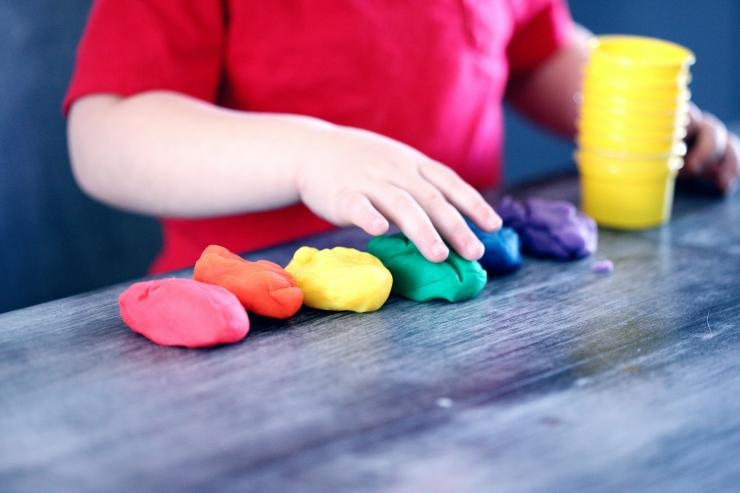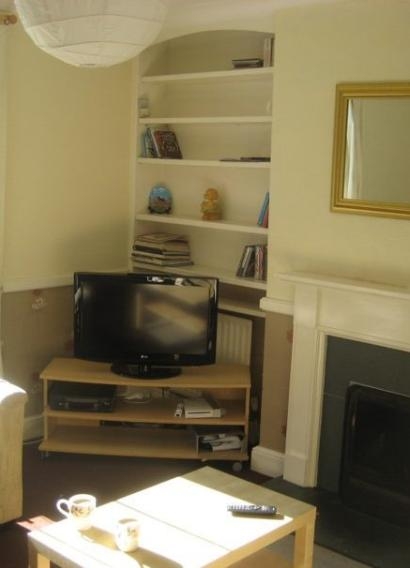Positive Behaviour Support (PBS)
A values-led approach to understanding behaviour, meeting needs, and promoting quality of life.
Behaviour Support Plans
A Behaviour Support Plan (BSP) sets out the support required to help someone achieve a good quality of life (QoL).
What is needed to achieve a quality of life, and what that looks like for each of us, will be different because we all have different needs.
Support plans are therefore personalised and unique. However, they should all include key information about the person so that they can be used as a practical tool followed consistently by everyone involved in that person’s care.
A BSP should be based on a good understanding of the reason(s) why a person uses behaviour that others may find challenging.
Positive Behaviour Support plans need to be socially valid. They need to ‘address socially significant problems, be undertaken in a manner which is acceptable to the main constituencies involved and result in socially important outcomes or effects’ (Emerson, 2005, p14).











